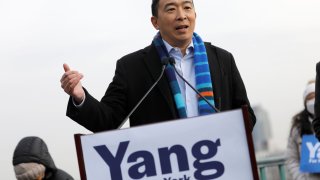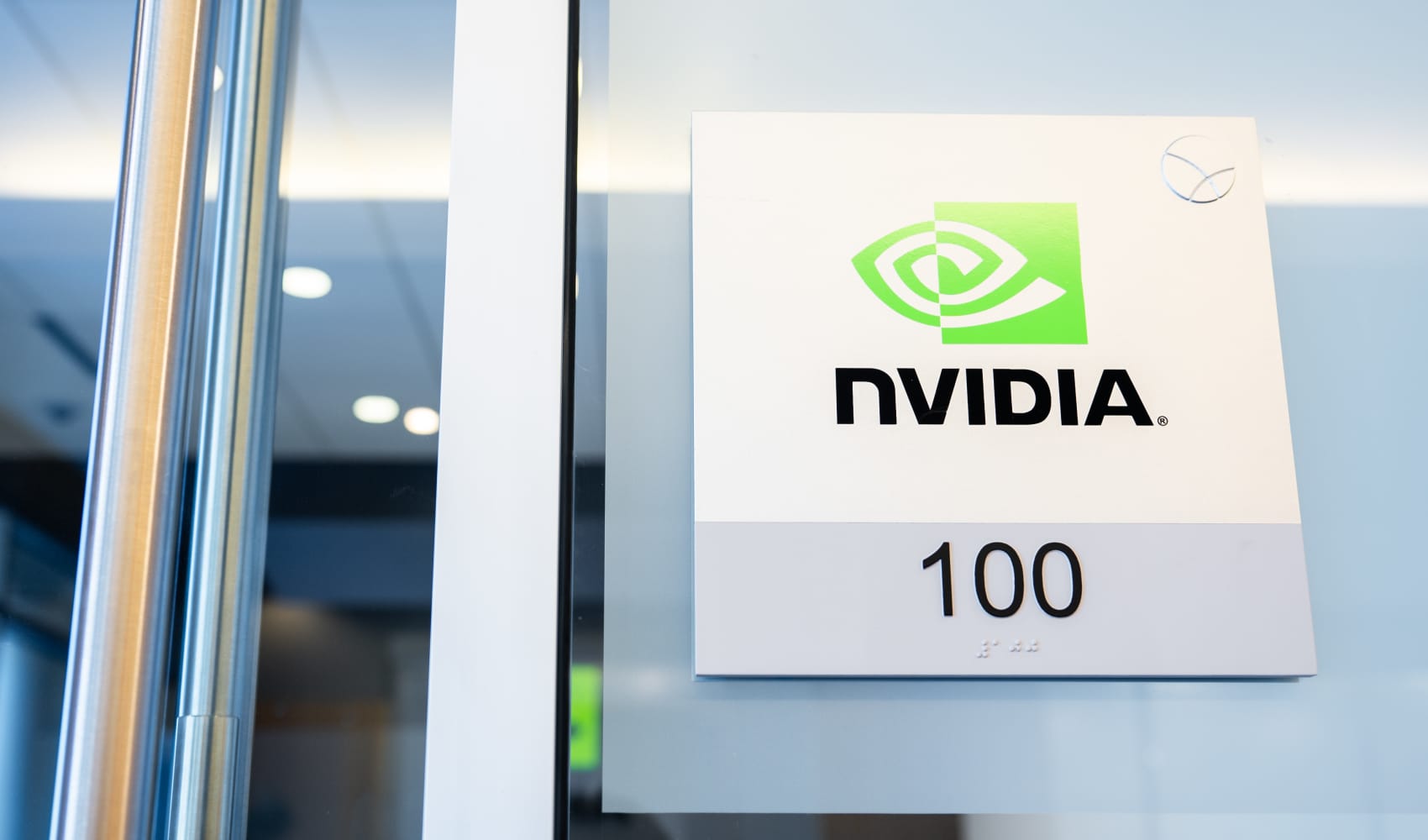
- Former Democratic presidential candidate Andrew Yang is making universal basic income a central tenet of his political campaign once again — this time for New York City Mayor.
- Yang's proposed income program would extend an average of $2,000 per year to New York City residents living in extreme poverty.
- The mayoral candidate told CNBC's "The News with Shepard Smith" Monday evening that he would target property tax-exempt landlords in New York City, like Madison Square Garden, to foot a portion of the bill.
Former Democratic presidential candidate Andrew Yang is making universal basic income a central tenet of his political campaign once again — this time for New York City Mayor.
"It makes us stronger, healthier, more secure, mentally healthier, improves our relationships," Yang said of the concept of guaranteed income. "55% of Americans are now for cash relief, in perpetuity, and 85% are for cash relief during this pandemic."
Get top local stories in Southern California delivered to you every morning. >Sign up for NBC LA's News Headlines newsletter.
Yang's proposed income program would extend an average of $2,000 per year to New York City residents living in extreme poverty and would cost $1 billion per year, according to his campaign website.
The mayoral candidate told CNBC's "The News with Shepard Smith" Monday evening that he would target property tax-exempt landlords in New York City, like Madison Square Garden, to foot a portion of the bill.
"MSG's tax breaks [are] $40 million a year, alone," Yang said. "If you look at that money and you get it back into the city's hands, plus you invest some level of the city's resources, we can alleviate extreme poverty here in New York City."
Money Report
Yang also commented on the dramatic rise in anti-Asian hate crimes in the U.S., calling it "a devastating time in the Asian-American community."
Reports of anti-Asian hate crimes in the U.S. rose 149% in 2020 from the year prior, according to the Center for the Study of Hate and Extremism. New York City recorded an 833% increase in anti-Asian hate crimes, according to police data.
"We need to designate these incidents as hate crimes, and we need to build connections with the Asian American community because, I hate to say this, a lot of these incidents are still not being reported," Yang said. "Many Asian Americans do not have that kind of relationship with law enforcement and city officials, and I would like to change that."






